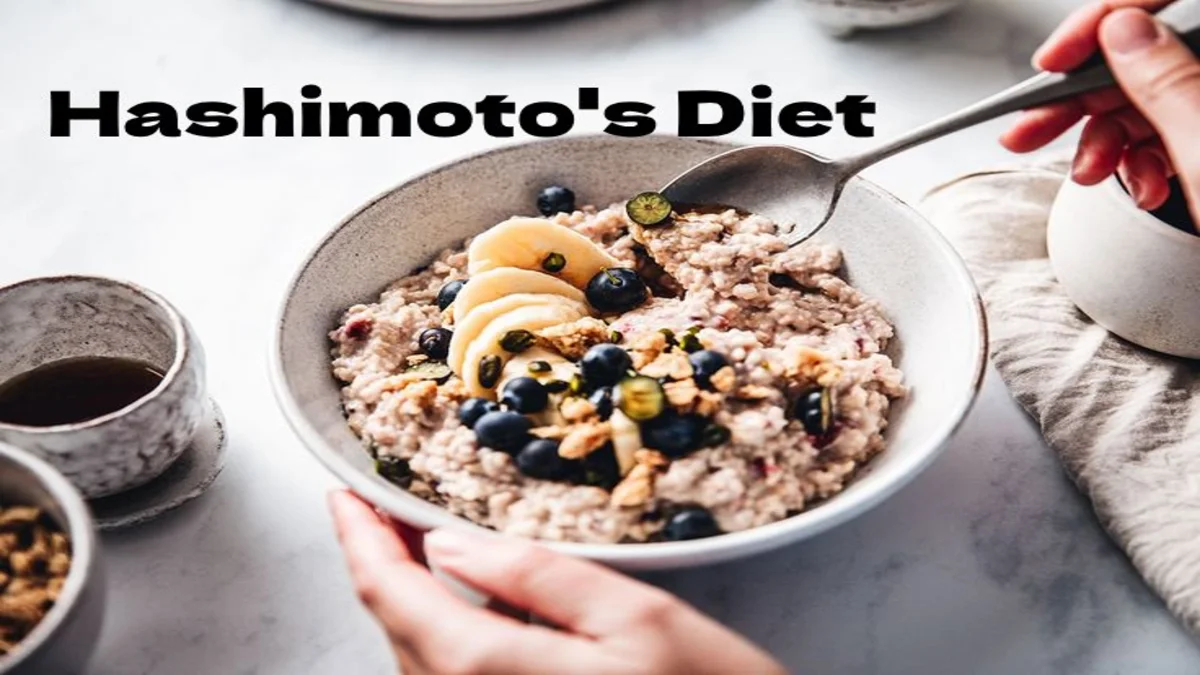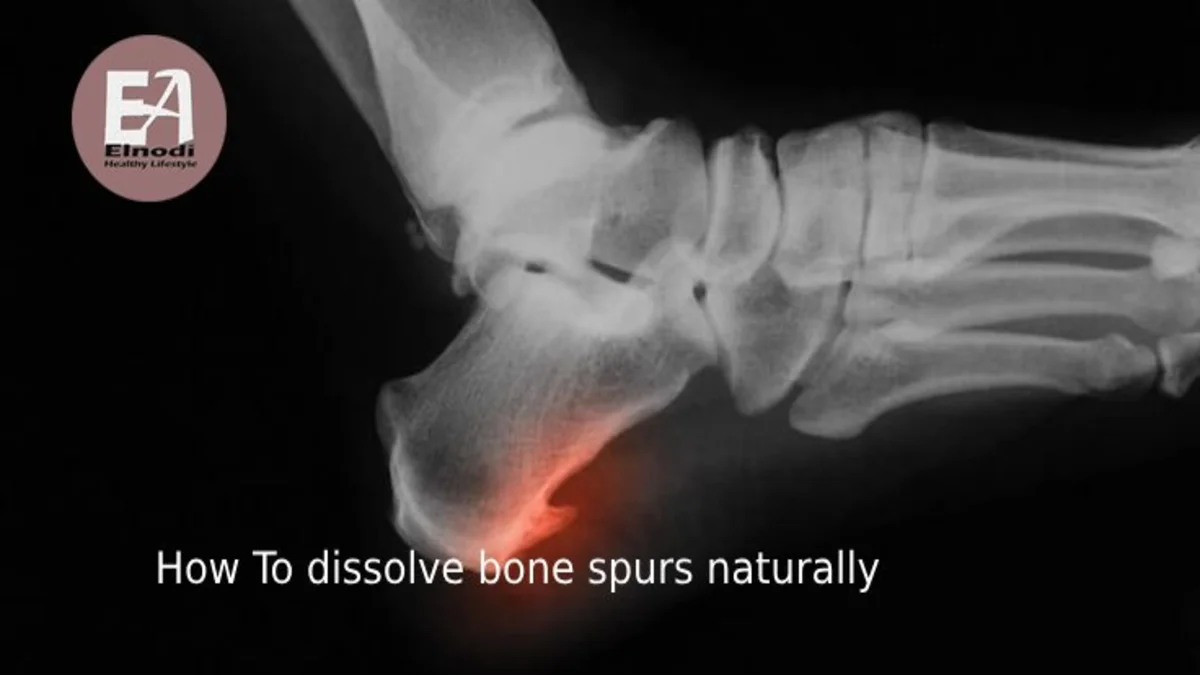Are you looking to shed those extra pounds and achieve your weight loss goals quickly? A 1000-calorie diet plan might be the answer you’ve been searching for. With dedication and commitment, you can see significant results in just 8 weeks.
The concept of a 1000-calorie diet plan has gained popularity in recent years as a way to jumpstart weight loss and kickstart a healthier lifestyle. While it may seem challenging to limit your calorie intake to just 1000 per day, when done correctly and safely, it can lead to rapid and sustainable weight loss.
What is the 1,000 calorie diet?
A diet plan consisting of 1,000 calories is a way of eating that significantly reduces the amount of calories a person takes in daily. Because this kind of diet offers substantially less calories than the typical adult needs for health and well-being, experts view it as dangerous.
When someone is in a dire situation and has to reduce weight quickly, like before a vacation, they might resort to 1,000 calorie diets. Doctors do not recommend this kind of diet for prolonged periods of time, even if individuals could adhere to it fairly comfortably for a few weeks.
Numerous studies have demonstrated that eating an unbalanced diet deficient in calories can have negative effects on health and lead to rebound weight gain.
Benefits of a 1000-Calorie Diet Plan
Losing weight is one of the main advantages of a 1000-calorie diet plan. When you eat less than your body expels calories daily, you create a calorie deficit, which forces your body to burn fat reserves for energy.
Losing weight is the main goal of a 1000-calorie lunch. According to one study, those who adhered to a 1000-calorie diet plan had greater weight loss than those who followed a traditional low-calorie diet plan.
Remission of Diabetes (Type 2)
Diabetes type 2 is a serious, long-term illness. If left untreated, it causes harm to the feet, eyes, and heart. A daily calorie restriction of 1000 showed promise in the fight against type 2 diabetes.
Low-calorie diets are associated with the remission of type 2 diabetes, according to studies. The same study found that this brief intervention is beneficial in promoting weight loss and achieving a favorable metabolic profile, particularly the remission of type 2 diabetes.
Keeps You Full
Low-fat, high-protein foods are part of a 1000-calorie diet plan that will keep you active all day. Foods high in protein make you feel full.
When compared to carbs, proteins usually require a lot more energy to digest properly. You can obtain the same nutrients by consuming protein through supplements like whey protein pills.
Proteins won’t digest quickly if you consume 1000 calories a day. Your stomach stays full as a result, and you won’t feel the need to eat every 30 minutes.
Prevents Overeating
A high-protein diet helps you feel satisfied, and it is part of the 1000-calorie diet plan. When your stomach feels empty, you tend to overeat. However, if it makes you feel full, you won’t feel like eating as much. Thus, avoiding overeating can be achieved with a 1000-calorie diet.
Low Cholesterol
A diet low in calories, like a 1000 calorie diet, aids in lowering the body’s cholesterol levels. The American Heart Association reports that low-fat, low-calorie diets can lower low-density lipoproteins (LDL). These build up in our arteries and are considered bad cholesterol.
Now that you know the advantages of a 1000-calorie meal plan, you need to find out which foods to eat and which to avoid when sticking to this plan.
1,000-Calorie Diet Meal Plan
Day 1:
Breakfast:
- Scrambled egg whites with spinach and cherry tomatoes (150 calories).
- 1 slice of whole-grain toast (80 calories).
- 1/2 grapefruit (40 calories).
Lunch:
- Grilled chicken salad with mixed greens, cucumbers, and balsamic vinaigrette (250 calories).
Dinner:
- Baked salmon with roasted asparagus and quinoa (350 calories).
Day 2:
Breakfast:
- Greek yogurt parfait with berries and a sprinkle of almonds (200 calories).
Lunch:
- Turkey and avocado wrap with whole-wheat tortilla (300 calories).
Dinner:
- Stir-fried tofu with broccoli, bell peppers, and brown rice (350 calories).
Day 3:
Breakfast:
- Oatmeal topped with sliced bananas and a drizzle of honey (220 calories).
Lunch:
- Lentil soup with a side of mixed greens and lemon vinaigrette (250 calories).
Dinner:
- Grilled shrimp skewers with zucchini noodles and marinara sauce (330 calories).
Day 4:
Breakfast:
- Cottage cheese with sliced peaches and a sprinkle of cinnamon (180 calories).
Lunch:
- Quinoa salad with black beans, corn, cherry tomatoes, and cilantro lime dressing (300 calories).
Dinner:
- Baked chicken breast with steamed broccoli and cauliflower rice (320 calories).
Day 5:
Breakfast:
- Whole-grain English muffin with mashed avocado and poached egg (220 calories).
Lunch:
- Tuna salad stuffed in a bell pepper with a side of carrot sticks (280 calories).
Dinner:
- Baked cod with roasted Brussels sprouts and wild rice (350 calories).
Day 6:
Breakfast:
- Smoothie made with spinach, banana, almond milk, and protein powder (200 calories).
Lunch:
- Grilled vegetable wrap with hummus in a whole-grain tortilla (300 calories).
Dinner:
- Beef stir-fry with snap peas, bell peppers, and brown rice (350 calories).
Day 7:
Breakfast:
- Chia seed pudding topped with sliced strawberries and a drizzle of maple syrup (220 calories).
Lunch:
- Caprese salad with fresh mozzarella, tomatoes, basil, and balsamic glaze (280 calories).
Dinner:
- Turkey meatballs with marinara sauce over spaghetti squash (350 calories).
With a range of wholesome and tasty breakfast, lunch, and dinner options, this 7-day 1,000-calorie diet meal plan will keep you full as you pursue your wellness and health objectives. Always remember to drink enough of water, and before beginning any new diet, speak with a doctor.
Downsides of a 1,000-Calorie Meal Plan
Causes a lack of nutrients
Diets low in calories, allowing you to take less than 1,200 calories per day, may cause you to feel hungry all the time, which could lead to overindulging. The absence of some essential nutrients that provide your body energy is another drawback of such limitations. If the diet is adhered to for an extended length of time, it will result in dehydration and nutrient shortages, which will affect muscle mass, energy levels, hair and nails, and heart rate.
Slows metabolism
This diet may slow down your metabolism due to its severe calorie restriction, so you shouldn’t expect long-term benefits. When you resume eating your regular amount of calories, this will result in a quick weight increase.
Doesn’t support intense exercising
Without a doubt, not everyone should follow this diet. Women with smaller frames may find it particularly effective, as their bodies tend to need fewer calories. But this diet is not the ideal option for guys or people whose daily routine includes intense exercise.
Emotional and mental strain
Strictly following a calorie restriction all the time might lead to an unhealthy relationship with food and feelings of failure or guilt if you go off the plan.
Fatigue and weakness
A diet consisting of only 1,000 calories would not supply adequate energy for day-to-day tasks, resulting in exhaustion, debility, and diminished overall health.
Muscle loss
Losing lean muscle mass can also be caused by consuming insufficient calories, which will negatively affect your strength and overall body composition.
How Much Weight Will You Lose On 1000 Calories A Day?
Getting 1000 calories a day typically causes a large calorie deficit that leads to weight reduction. 3500 calories roughly equal one pound of body weight. Therefore, you may lose about 1 pound every week if you only eat 1000 calories a day.
But proceed with caution when following such a low-calorie diet. Severe calorie restriction can have negative effects such as nutritional inadequacies in addition to potentially lowering body weight and improving body composition. Seek advice from a medical practitioner for a sustained, customized, and well-rounded weight loss strategy.
Note: You can lose up to 8% of your current weight on a 1000-calorie diet. Because each body type is unique, weight reduction might range from five to ten pounds.
For 12 days, Nicholas, a fitness content creator, tried a diet of 1000 calories per day along with a regular exercise regimen. He saw that he had lost 1.5 inches of weight. “Even on an aggressive cut, 12 days of dieting was not hard at all for me,” he stated. I didn’t feel like I was giving up a lot or missing out on a lot.
Foos to eat Vs. foods to avoid 1000-calorie diet
| Foods to Eat | Foods to Avoid |
|---|---|
| Lean proteins such as chicken breast, turkey, tofu, and fish | Fried foods such as French fries, fried chicken, and battered fish |
| Non-starchy vegetables like spinach, broccoli, cauliflower, and bell peppers | Sugary snacks and desserts like candy, cookies, and cake |
| Whole grains such as quinoa, brown rice, oats, and whole-wheat bread | Processed foods like chips, crackers, and packaged snacks |
| Low-fat dairy products such as Greek yogurt, cottage cheese, and skim milk | High-calorie beverages like soda, fruit juice, and sweetened coffee drinks |
| Fruits with high water content like berries, apples, oranges, and watermelon | Fatty cuts of meat such as bacon, sausage, and ribeye steak |
| Healthy fats like avocado, nuts, seeds, and olive oil (in moderation) | Alcohol, which is high in empty calories and can hinder weight loss progress |
| Herbal teas, water, and unsweetened beverages for hydration | Excessively large portions, even of healthy foods, which can lead to calorie overload |
Summary
Many people use hazardous weight-loss techniques, like fasting and extremely low-calorie diets, in an attempt to drop pounds as soon as possible. Rapid weight reduction, however, is unsustainable and could have a number of unfavorable effects.
The 1,000-calorie diet meal plan is extremely low-calorie, requiring half of your normal intake of calories. This diet is not something you should stick to for more than a week. Although it claims to help you lose weight quickly, not everyone will benefit from it.
This diet plan is not recommended for anyone who engage in frequent vigorous physical exercise; men should also avoid it. Please with your doctor before beginning this diet plan if you are committed to follow it.
FAQs
Can I do the 1,000-calorie diet meal plan as a vegetarian?
Does a 1,000-calorie meal plan support intense exercising?
Is it unhealthy to eat only 1,000 calories?
What does 1,000 cal a day look like?
How many calories is too low?
References
- https://www.medicalnewstoday.com/articles/1000-calorie-diet (Benefits of a 1000-Calorie Diet Plan).
- https://www.ncbi.nlm.nih.gov/pmc/articles/PMC8017325/ (Benefits of a 1000-Calorie Diet Plan).
- https://www.medicalnewstoday.com/articles/1000-calorie-diet#effectiveness (Foos to eat Vs. foods to avoid).
- https://fitnessvolt.com/1000-calorie-diet/ (Downsides of a 1,000-Calorie Meal Plan).
- https://www.ncbi.nlm.nih.gov/pmc/articles/PMC6366252/ (Downsides of a 1,000-Calorie Meal Plan).
- https://www.txliver.com/wp-content/uploads/2015/08/1000-Calorie-Meal-Plans.pdf (1,000-Calorie Diet Meal Plan).
- https://parade.com/1358672/emilyshiffer/1000-calorie-diet/ ((1,000-Calorie Diet Meal Plan).
- https://healthonline.washington.edu/sites/default/files/record_pdfs/1,000_Calories_Sample_Diet_4_10.pdf





